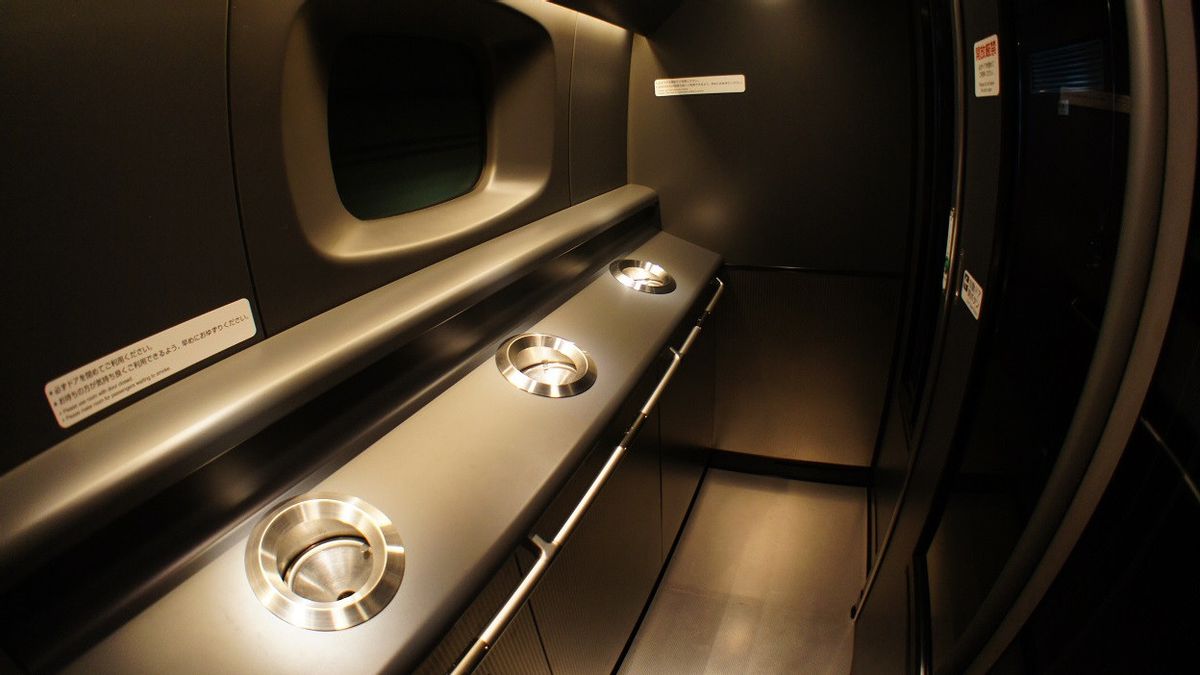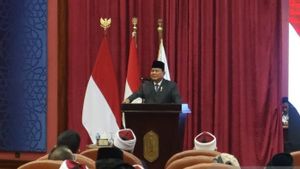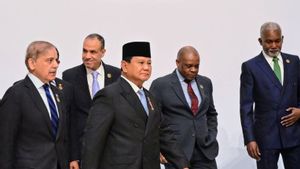JAKARTA - The Japanese Shinkansen bullet train service plans to remove the total special room for smoking in carriages starting next spring.
This step is taken in line with the increasing number of train transportation service operators who comply with increasing health awareness, as well as a decrease in smoking habits in the Land of the Rising Sun.
Central Japan Railway Co. or better known as JR Tokai, West Japan Railway Co. and Kyushu Railway Co. in mid-October announced their respective decisions to remove smoking rooms from bullet trains connecting major cities such as Tokyo, Osaka and Fukuoka.
Later, the vacant space used for smoking rooms will be diverted to store drinking water for passengers during an emergency, such as when people are stuck in carriages for a long time, the company said, according to Kyodo News Nov. 4.
Previously, JR Tokai had allowed passengers to smoke in their seats in several carriages until 2020. The closed smoking room was installed on the modified N700 series train model and introduced in 2007.
Currently, the Tokaido, Sanyo and Kyushu shinkansen trains have smoking rooms in two or three carriages, but all of them will be abolished.
JR West also plans to eliminate smoking areas at eight stations on the Sanyo Shinkansen Line, including Shin-Kurashiki Station in Okayama Prefecture and Shin-Onomichi Station in Hiroshima Prefecture.
Meanwhile, East Japan Railway Co. and Hokkaido Railway Co. have banned smoking in their bullet train carriages.
This latest move reflects the continued decline in the smoking rate in Japan, with a survey by the Ministry of Health in 2022 showing a figure for men reaching 25.4 percent, down 3.4 percentage points from 2019, and for women at 7.7 percent, down 1.1 points.
SEE ALSO:
It is known that the Japanese government has stepped up efforts to address concerns about passive smokers, through a revision of the health promotion law which will take effect in 2020.
Responding to the announcement from JR Tokai, many people on social media seem to welcome the news, with one post saying it is a "step towards health promotion", but some of them expressed disappointment.
The English, Chinese, Japanese, Arabic, and French versions are automatically generated by the AI. So there may still be inaccuracies in translating, please always see Indonesian as our main language. (system supported by DigitalSiber.id)


















